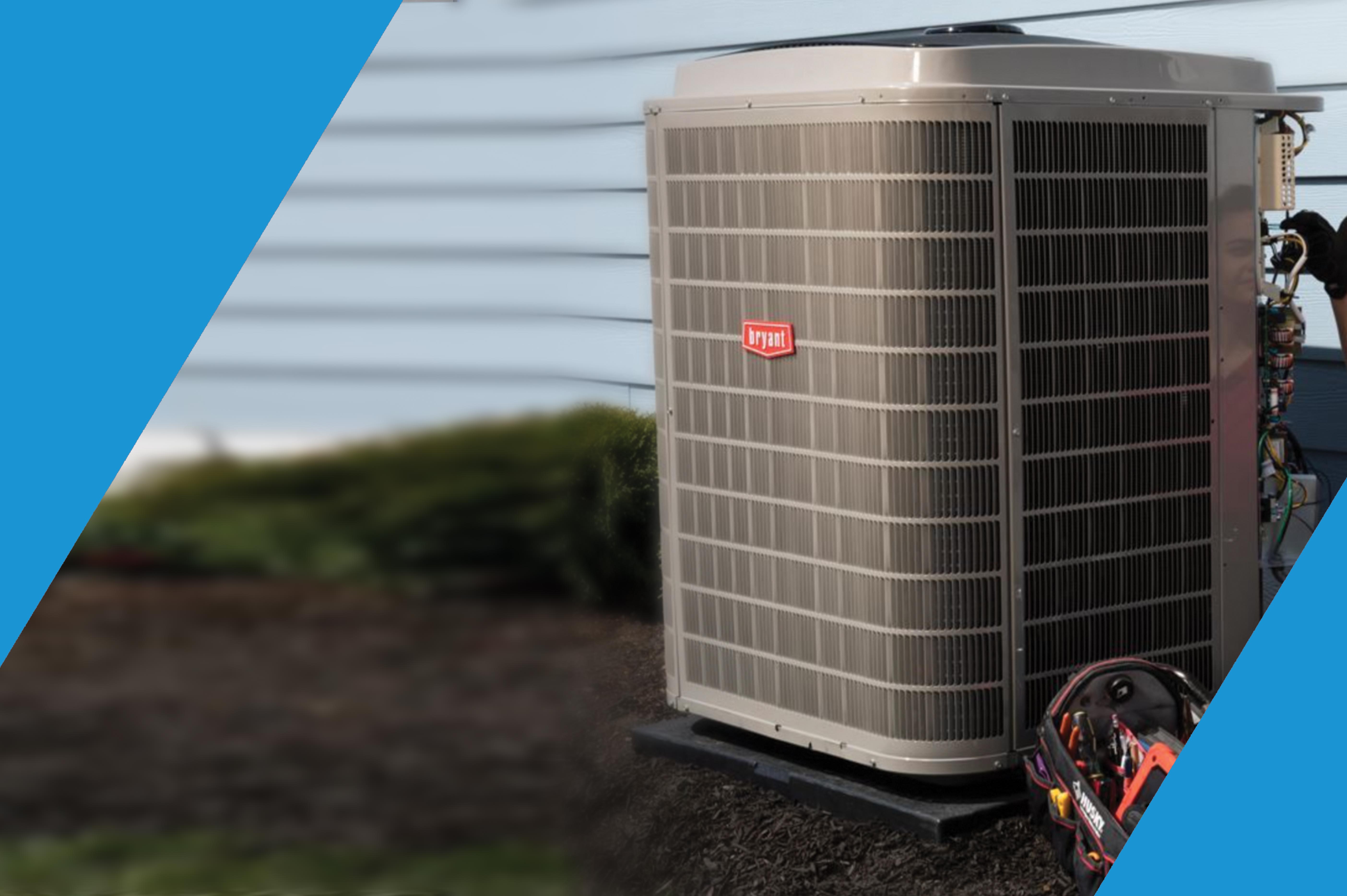
Last month we discussed the importance and benefits of replacing your heater with a high-efficiency system: it will last longer, use less energy, and save you money. But how do you know when it’s time to replace your system? With winter slowly but surely coming to an end, now is the time to consider this. Whatever type of heating system you have, there is going to come a time when repairs aren’t enough. We’ve shared some indicators below that it may be time for a new heating system.
Age
The average life expectancy of a gas furnace is 18 years, while that of a heat pump is typically 10-15 years, according to ConsumerReports.org. Of course, this will be dependent on the type of heating system you have, in addition to its make and model, among other factors. But whichever system you have, generally even well-maintained heaters start to degrade by 15 years of age.
Unusual Noises
It’s not uncommon to hear strange noises coming from an aging system near the end of its life, but they should not be ignored. These noises might include rattling, banging, or hissing. While this could be a sign that something is loose within your system, it could instead be a sign of something serious that can no longer be fixed with a quick repair. Either way, you’ll want to call and HVAC professional right away.
Higher Utility Bills
There’s no reason for a sudden increase in your energy bills if your heating system is well-maintained and you aren’t using excessively. However, if your heater isn’t functioning correctly, you might see a spike in your utility bills. In most cases, it’s more economical to put your money towards a system replacement rather than repairing a failing system.
For heating system replacement in Blaine, MN, contact Air Mechanical, Inc. today.







